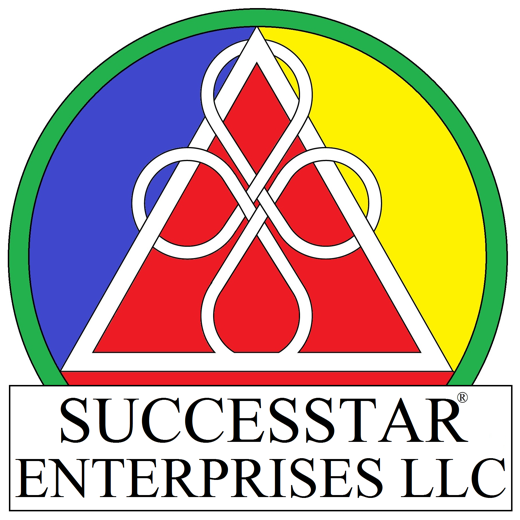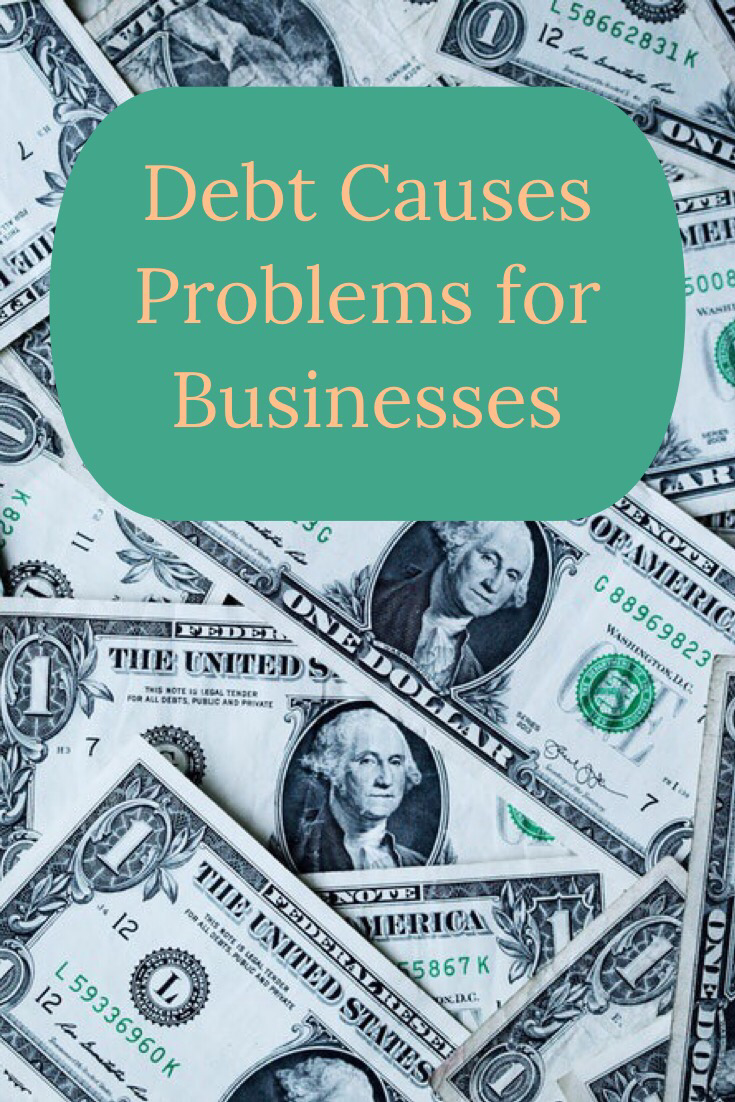|
Getting funding for a new business can seem complicated. Many entrepreneurs sign over the future of a company to get fast cash today. That pile of debt might bankrupt a company if not kept in check. There are multiple sources of funding for entrepreneurs. Each has its pros and cons. Picking the wrong one could cost a company its future. Debt is not as good a thing as you might be lead to believe. How businesses get funding
There are many options to fund a new business start-up. Some of the more popular choices are commercial loans and VC funding. Getting a loan from a bank is easy if you have a viable business model and can make regular interest payments. Usually some collateral is necessary in the form of your equipment and business assets. Or if you are at high risk of defaulting, then your house could be used for collateral. Another choice is venture capitalist (VC) funding. Instead of a loan with interest, VCs trade money for equity in a company. You might have ten VCs each contributing $200,000 in exchange for a 5% stake in the business. They get their money back when the business is sold to a buyer or has an IPO. Problems with funding sources Getting a loan seems great at first. You have plenty of cash to fund growth and pay your bills. You only need to worry about making enough revenue each month to cover the interest payments. Issues arise when business is slow and you can no longer make the monthly payments. Another problem happens when your lender needs cash fast and cashes in your loan and you have to pay in full immediately. Most companies do not have that kind of money laying around. Or your lender wants you to fail and calls in the loan early because they want your assets. VC funding has its own issues. Beware giving up too much equity to VCs. Some founders lose control of their company by offering more than 50% controlling interest to get the funding they need. If you give a 5% stake to each of 15 VCs, then you are left with only 25% equity as a founder. Some founders are foolish in their pursuit of quick cash and have so little equity left that they make almost nothing when the company they founded is sold or has an IPO. They worked for possibly years and have nothing to show for it. VC firms also usually look for a payback in a short window of only a few years. They expect a new company to be profitable and either get bought out or IPO so that they can get their return on investment. In the past, the rule was a five to seven year payback, but recently VCs have pushed that to ten or more years in the hopes of an even bigger payout. Things to consider Pick the source of funding that matches with your values and goals. If quick growth is needed, then debt or VC funding might be necessary. Don't give up too much control or get yourself in a position where debt will hold you down. If you give away too much equity, then you will lose control of the direction of the company's future. VCs will be able to dictate if and when you sell or IPO. Having a huge loan can also cripple you. The fear of bankruptcy if you can't make payments will influence every decision and you will probably not be as innovative or adventuresome due to the inherent risks. Old advice said to collect as much debt as possible. Your expanded revenues will more than cover any payments. Today, many companies are going out of business due to massive debt loads. Their revenues are no longer large enough. Eventually lenders want their money back. There is a troubling trend in recent years among VC funding. Especially innovative start-ups are being propped up with VC funding even while they lose millions of dollars each month. They are trying to follow the Amazon model of not turning a profit for years in the hopes of future dominance. That is a rare thing. You can't lose money every month with the hope of capturing a market. Those VCs will eventually want a return on their investment. What do you think? Is debt and VC funding still a viable option? Or has it become a burden to businesses? Let me know in the comments.
0 Comments
Your comment will be posted after it is approved.
Leave a Reply. |
AuthorEthan Hausmann is currently the Vice President of Marketing and Community Outreach for Successtar Enterprises LLC. He is an author, professional speaker, and seminar/workshop instructor. Ethan has extensive knowledge and experience in marketing, customer service, leadership, and other small business related concerns. CategoriesAll At The Movies Business Busy Change Choices Education Holiday Human Resources In The News Leadership Marketing Money Real World Social Media Storytelling Technology Time |
Search by typing & pressing enter


 RSS Feed
RSS Feed
